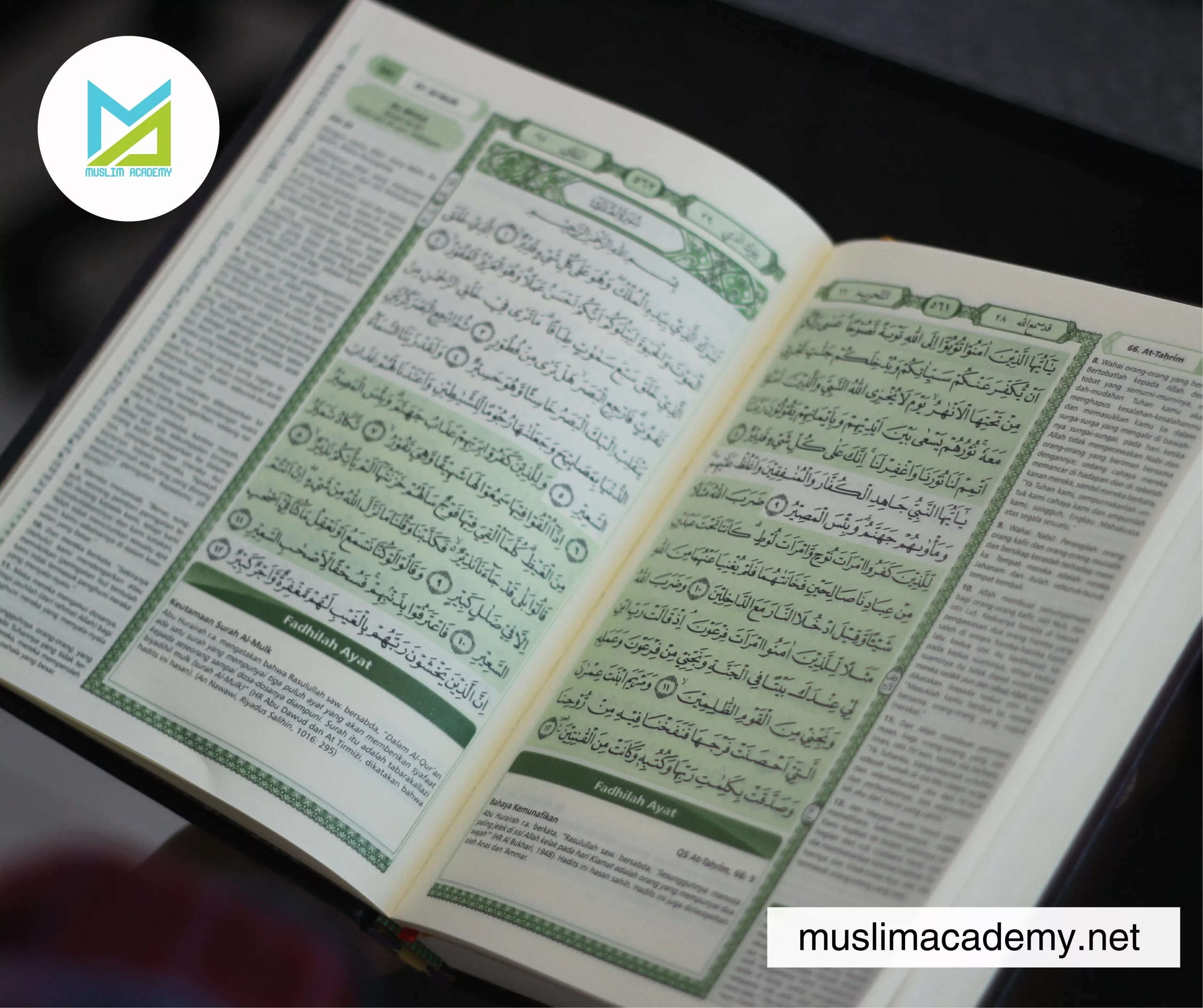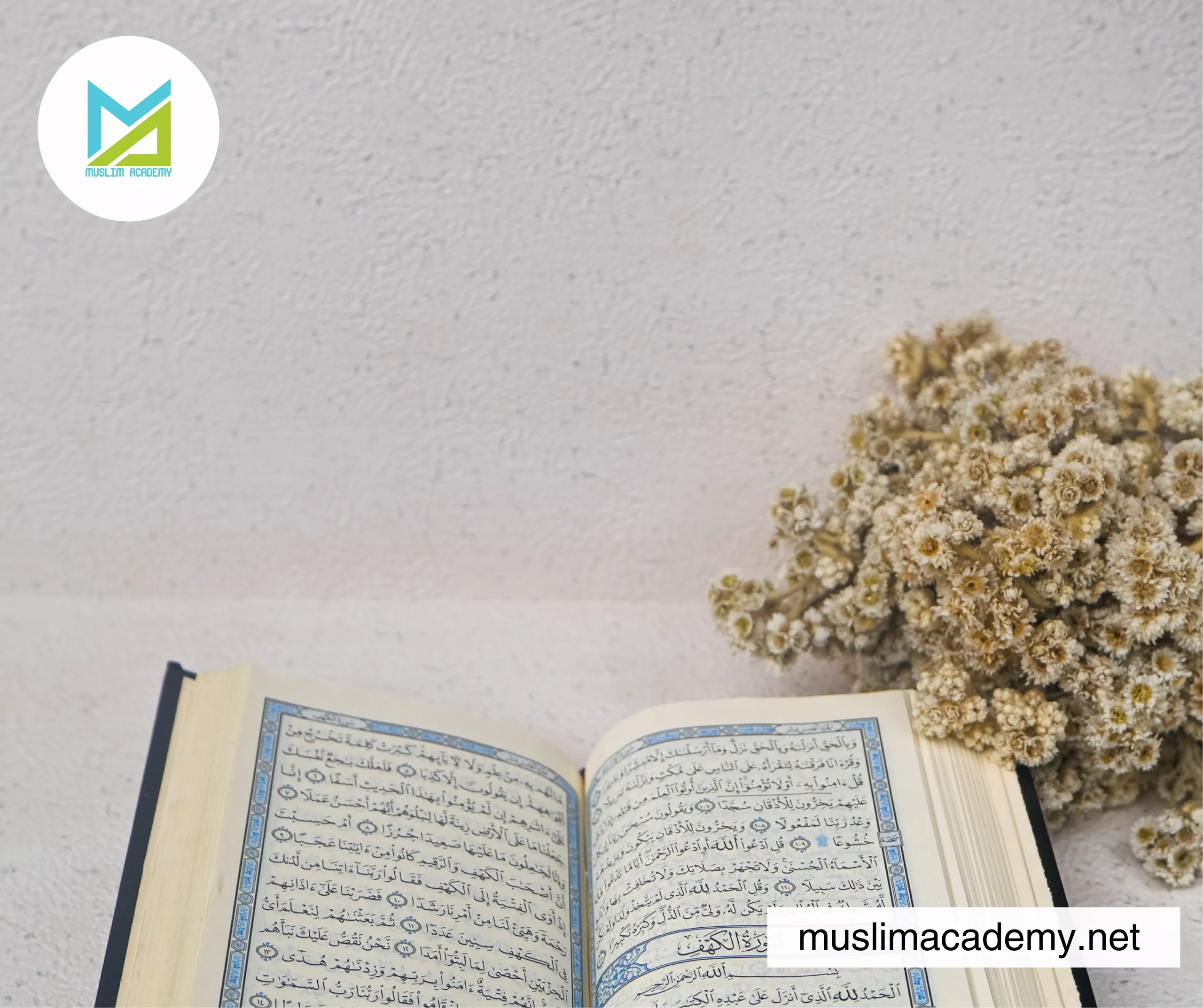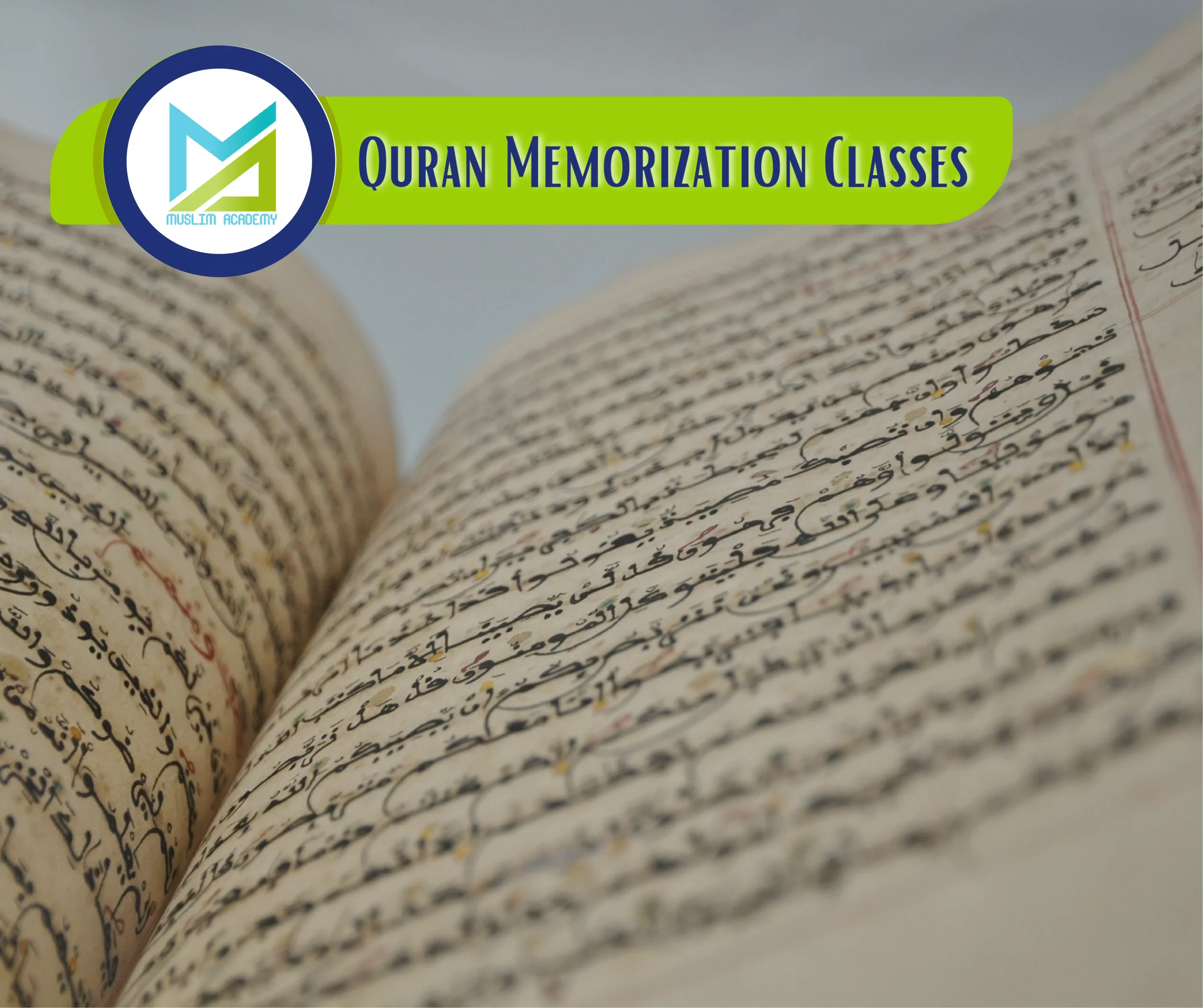Start Online Quran Classes with Muslim Academy
https://muslimacademy.net/index.php/free-trial/
The tradition of memorizing the Holy Quran represents one of the most revered and challenging pursuits in Islamic education. For over fourteen centuries, Muslims have dedicated themselves to preserving the exact words of divine revelation through memorization, creating an unbroken chain of oral transmission that parallels the written tradition. Today, structured Quran Memorization Classes with Muslim Academy provide systematic approaches to this ancient practice, combining traditional methodologies with modern educational insights to help students achieve the honored status of hafiz or hafiza.
The memorization of the Quran, known as hifz in Arabic, encompasses far more than simply committing verses to memory. It represents a transformative spiritual journey that disciplines the mind, purifies the heart, and creates an intimate connection between the student and divine guidance. Students who embark on this path through formal instruction discover that the process fundamentally changes their relationship with Islamic teachings and deepens their understanding of faith in ways that casual reading cannot achieve.
The Spiritual and Intellectual Benefits of Systematic Memorization
Participation in well-structured Quran Memorization Classes with Muslim Academy offers profound benefits that extend far beyond the obvious achievement of memorizing sacred text. Students develop exceptional memory capabilities that serve them well in all academic and professional pursuits. The mental discipline required for Quranic memorization enhances concentration, focus, and cognitive flexibility in ways that benefit overall intellectual development.
The rhythmic nature of Quranic Arabic creates neural pathways that support language learning and phonetic awareness. Students often find that their ability to learn other languages improves significantly as a result of their memorization efforts. The sophisticated grammatical structures and rich vocabulary of Quranic Arabic provide excellent foundations for advanced Arabic language study.
Spiritually, the memorization process creates opportunities for continuous reflection and contemplation. As verses become internalized, students naturally begin to understand their meanings more deeply and recognize their applications in daily life. This ongoing interaction with divine guidance throughout the day provides comfort, guidance, and spiritual strength that many students describe as life-changing.
The achievement of completing Quranic memorization builds tremendous self-confidence and provides a sense of spiritual accomplishment that sustains students throughout their lives. Many hafiz and hafiza report that the discipline and perseverance required for memorization prepared them for success in other challenging endeavors.
Traditional Methodologies Adapted for Modern Learning
Effective Quran Memorization Classes with Muslim Academy draw upon centuries of proven teaching methodologies while incorporating contemporary educational insights to optimize learning outcomes. Traditional approaches emphasize consistent daily practice, gradual progression, and regular review cycles that prevent forgetting previously memorized material.
The time-honored system of starting with shorter chapters and progressing to longer, more complex sections allows students to build confidence while developing the skills needed for advanced memorization. Most programs begin with the final sections of the Quran, which contain shorter chapters with familiar themes, before progressing to longer chapters that require more sophisticated memorization strategies.
Repetition forms the cornerstone of traditional memorization methodology, but modern classes structure this repetition more systematically to maximize efficiency. Students learn specific techniques for breaking down long passages, creating memory anchors, and developing personal review schedules that maintain previously memorized material while adding new content.
The traditional emphasis on proper pronunciation and tajweed rules is maintained throughout the memorization process. Students cannot simply memorize words; they must memorize the correct pronunciation, rhythm, and melodic patterns that preserve the Quran’s intended recitation style. This attention to detail ensures that memorization serves the ultimate purpose of preserving divine revelation exactly as it was revealed.

Innovative Teaching Approaches in Contemporary Programs
Modern Quran Memorization Classes with Muslim Academy increasingly incorporate innovative teaching methods that enhance traditional approaches without compromising their authenticity. Technology-assisted learning tools provide pronunciation guides, repetition aids, and progress tracking systems that help students optimize their memorization efforts.
Gamification elements are carefully integrated into children’s memorization programs to maintain engagement while respecting the sacred nature of the content. Point systems, achievement badges, and friendly competitions can motivate young students without trivializing their spiritual pursuits. These elements must be balanced carefully to enhance rather than distract from the primary spiritual objectives.
Personalized learning approaches recognize that different students have varying memorization strengths and challenges. Some students excel at auditory memorization, while others benefit from visual or kinesthetic learning strategies. Skilled instructors adapt their teaching methods to accommodate different learning styles while maintaining consistent quality standards.
Group learning activities create supportive peer networks that encourage students during challenging periods. Partner recitation exercises, group review sessions, and collaborative goal-setting help students feel connected to a community of learners working toward similar objectives.
Age-Appropriate Curriculum Design and Implementation
Successful Quran Memorization Classes with Muslim Academy adapt their approaches significantly based on student age groups and developmental stages. Young children typically begin their memorization journey with short, rhythmic chapters that are easy to remember and recite. The natural musical quality of Quranic Arabic appeals to children’s auditory learning preferences and helps maintain their interest over extended periods.
Elementary-age students can handle more systematic approaches that introduce basic memorization strategies and begin building longer sequences of verses. At this stage, understanding meanings becomes more important, and students begin to appreciate the intellectual content alongside the memorization achievement.
Adolescent students often benefit from more analytical approaches that help them understand the structure, themes, and linguistic beauty of the text they are memorizing. This age group can handle discussions about the historical context of revelations and the practical applications of Quranic teachings in contemporary life.
Adult learners bring different motivations and challenges to their memorization efforts. They may have less available time for daily practice, but often demonstrate stronger motivation and better self-discipline. Adult-focused programs typically emphasize efficient memorization techniques and flexible scheduling options that accommodate work and family responsibilities.
Creating Supportive Learning Environments
The atmosphere within Quran Memorization Classes with Muslim Academy plays a crucial role in student success and spiritual development. Experienced instructors understand that memorization requires sustained effort over months or years, making emotional support and encouragement essential components of effective programs.
Physical learning environments should minimize distractions while creating spaces that feel sacred and conducive to concentration. Many successful programs incorporate elements like prayer spaces, Islamic artwork, and quiet areas for individual practice that help students maintain focus on their spiritual objectives.
Instructor qualifications extend beyond knowledge of the Quran to include skills in motivation, patience, and understanding of different learning needs. The best memorization teachers combine deep Islamic scholarship with genuine care for their students’ spiritual and emotional well-being.
Regular celebrations of milestones and achievements help maintain student motivation throughout the lengthy memorization process. Completion ceremonies for individual chapters, group recitation events, and recognition of consistent effort provide positive reinforcement that sustains long-term commitment.

Family Involvement and Home Support Systems
The success of Quran Memorization Classes with Muslim Academy often depends heavily on family support and home practice routines. Parents play crucial roles in maintaining daily review schedules, encouraging during difficult periods, and celebrating achievements alongside their children.
Family members who can participate in review sessions or listen to recitations provide valuable practice opportunities outside of formal class time. Even family members who cannot read Arabic can support memorization efforts by maintaining consistent practice schedules and showing interest in student progress.
Creating dedicated spaces at home for Quran study and memorization helps students maintain focus and establishes the importance of this activity within family priorities. These spaces need not be elaborate, but they should be quiet, clean, and free from distractions.
Regular communication between instructors and families ensures that home practice aligns with classroom instruction and that any challenges are addressed promptly. This partnership approach maximizes the effectiveness of both formal classes and home study time.
Assessment and Progress Monitoring Strategies
Effective Quran Memorization Classes with Muslim Academy implement comprehensive assessment systems that track both memorization accuracy and overall spiritual development. Traditional oral examinations remain the primary method for evaluating memorization achievement, but modern programs often supplement these with systematic progress tracking and regular review assessments.
Portfolio-based assessment approaches allow students to demonstrate their progress over time while building comprehensive records of their achievement. These portfolios might include audio recordings of recitations, written reflections on memorized passages, and documentation of consistent practice habits.
Self-assessment skills are developed throughout the memorization process, teaching students to evaluate their accuracy and identify areas needing additional practice. This metacognitive development helps students become more independent learners who can maintain and expand their memorization beyond formal classroom instruction.
Regular review cycles are built into assessment systems to ensure that previously memorized material remains fresh and accurate. These reviews serve both evaluative and educational purposes, reinforcing learning while identifying any areas where memory may be weakening.
Long-term Maintenance and Lifelong Learning
Completing initial memorization represents only the beginning of a lifelong relationship with the memorized Quran. Successful Quran Memorization Classes with Muslim Academy prepare students for the ongoing responsibility of maintaining their memorization through regular review and continued study.
Advanced students often transition into leadership roles within their learning communities, helping newer students while reinforcing their memorization. This teaching experience deepens understanding and provides opportunities for continued spiritual growth.
Many programs offer ongoing support for graduates through alumni networks, advanced study opportunities, and leadership development programs. These continued connections help ensure that memorization achievements serve as foundations for lifelong Islamic learning rather than endpoints in themselves.
The integration of memorized Quranic knowledge into daily life requires ongoing reflection and application. Students learn to use their memorized verses for prayer, meditation, and guidance in decision-making, transforming memorization from an academic achievement into a living spiritual resource.
Conclusion
The tradition of Quranic memorization continues to thrive through carefully designed Quran Memorization Classes with Muslim Academy that honor traditional methodologies while embracing helpful educational innovations. These programs serve the dual purpose of preserving divine revelation in its original form while providing transformative educational experiences that benefit students spiritually, intellectually, and personally.
Success in memorization requires sustained commitment, skilled instruction, and supportive learning environments that nurture both academic achievement and spiritual growth. When these elements come together effectively, students experience the profound satisfaction of achieving one of Islam’s most honored educational goals while developing capabilities and characteristics that serve them throughout their lives.
The continued popularity and effectiveness of modern Quran Memorization Classes with Muslim Academy demonstrate that ancient educational traditions can adapt successfully to contemporary contexts while maintaining their essential spiritual purposes and transformative power.
